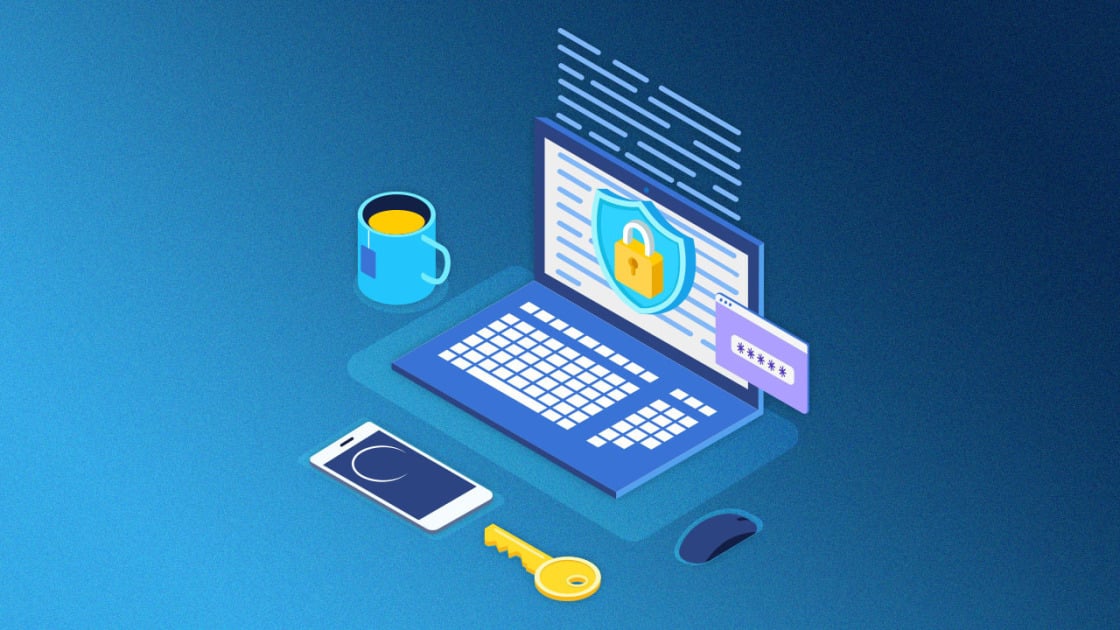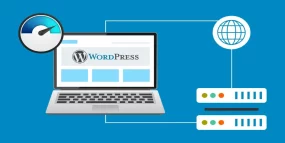
In today’s digital landscape, where websites play a crucial role in business success, it is imperative to prioritize the security of your website and data. Cyber threats continue to evolve and pose a significant risk to businesses of all sizes. Therefore, it is vital to understand the security measures that web hosting solutions offer to protect your website and valuable data from unauthorized access, breaches, and malicious activities. In this comprehensive guide, we will explore the key security measures implemented by top-tier web hosting providers to ensure the safety and integrity of your online presence.
The Importance of Web Hosting Security
Securing your website and data is of paramount importance to maintain the trust of your customers and safeguard your business reputation. Without adequate security measures in place, your website becomes vulnerable to various threats, including hacking attempts, data breaches, malware infections, and DDoS attacks. The consequences of such security breaches can be severe, resulting in financial loss, damaged brand reputation, legal issues, and compromised customer information.
To mitigate these risks, reputable web hosting services prioritize security as a fundamental aspect of their offerings. By implementing robust security measures, they provide a secure environment for your website to thrive and protect your sensitive data from falling into the wrong hands.
Common Security Measures Offered by Web Hosting Solutions
1. Advanced Firewall Protection
Firewalls act as a barrier between your website and potential threats, monitoring incoming and outgoing network traffic. Leading web hosting solutions utilize advanced firewall systems to filter malicious traffic, unauthorized access attempts, and suspicious activities. These firewalls are often equipped with intrusion detection and prevention systems (IDPS) to swiftly identify and neutralize potential threats.
2. SSL/TLS Encryption
Secure Sockets Layer (SSL) or Transport Layer Security (TLS) encryption is essential for safeguarding data transmitted between your website and its visitors. SSL/TLS certificates encrypt the data, making it unreadable to unauthorized parties. This encryption is particularly crucial for websites that handle sensitive information, such as credit card details or personal data. Top web hosting providers offer free or affordable SSL/TLS certificates, enabling you to establish a secure connection and gain your visitors’ trust.
3. Regular Data Backups
Data loss can be devastating for any business. To mitigate the impact of unforeseen events, such as hardware failures, cyber-attacks, or accidental deletions, reliable web hosting solutions offer regular data backups. These backups create copies of your website and its data, which can be easily restored in case of emergencies. It is advisable to choose a web hosting provider that offers automated and frequent backups to ensure minimal data loss and swift recovery.
4. DDoS Mitigation
Distributed Denial of Service (DDoS) attacks can cripple a website’s availability by overwhelming it with a massive influx of traffic. Web hosting services often employ advanced DDoS mitigation techniques to detect and mitigate such attacks promptly. These techniques involve analyzing traffic patterns, identifying malicious sources, and filtering out illegitimate requests, ensuring that your website remains accessible to genuine visitors.
5. Malware Scanning and Removal
Malicious software, or malware, can infect your website and compromise its security and functionality. To counter this threat, leading web hosting providers incorporate regular malware scanning and removal tools into their security protocols. These tools continuously monitor your website for malware presence, promptly alerting you to any potential infections. In the event of an infection, the web hosting service should offer assistance in removing the malware and restoring your website to its normal state.
Frequently Asked Questions (FAQs)
Q1: How can I ensure the security of my website if I opt for free web hosting?
A1: While free web hosting may seem appealing, it often lacks the comprehensive security measures provided by reputable paid hosting services. Free hosting providers may not invest heavily in security infrastructure, leaving your website more vulnerable to cyber threats. It is advisable to choose a reliable paid web hosting solution that offers robust security features to protect your website and data effectively.
Q2: Are there any specific security measures I should look for when choosing a web hosting provider?
A2: Absolutely! When selecting a web hosting provider, ensure that they offer features such as advanced firewall protection, SSL/TLS encryption, regular data backups, DDoS mitigation, and malware scanning and removal. Additionally, check for their reputation in the industry, customer reviews, and the level of support they provide in case of security incidents.
Q3: Can I rely solely on my web hosting provider for website security?
A3: While web hosting providers play a crucial role in website security, it is essential to adopt a multi-layered approach to protect your website comprehensively. This includes keeping your website’s software and plugins up to date, using strong and unique passwords, implementing two-factor authentication, and regularly monitoring your website for any suspicious activities.
Q4: Is it necessary to have an SSL/TLS certificate for my website?
A4: Yes, having an SSL/TLS certificate is highly recommended for all websites, regardless of their nature. In addition to securing data transmission, SSL/TLS certificates also boost your website’s credibility, as modern browsers display a padlock icon or “https” in the address bar for secure connections. This visual indicator helps instill trust in your visitors and enhances your search engine rankings.
Q5: What should I do if my website gets infected with malware?
A5: In the unfortunate event of a malware infection, take immediate action to mitigate the damage. Contact your web hosting provider’s support team for assistance in identifying and removing the malware. It is also advisable to change all passwords associated with your website, conduct a thorough security audit, and implement preventive measures to avoid future infections.
Conclusion
Ensuring the security of your website and data is a critical responsibility for every website owner. By partnering with a reputable web hosting provider that offers robust security measures, you can minimize the risks posed by cyber threats and protect your online assets effectively. Remember to prioritize features such as advanced firewall protection, SSL/TLS encryption, regular data backups, DDoS mitigation, and malware scanning and removal when choosing a web hosting solution. By adopting a proactive approach to website security, you can establish a safe and trustworthy online presence for your business.








